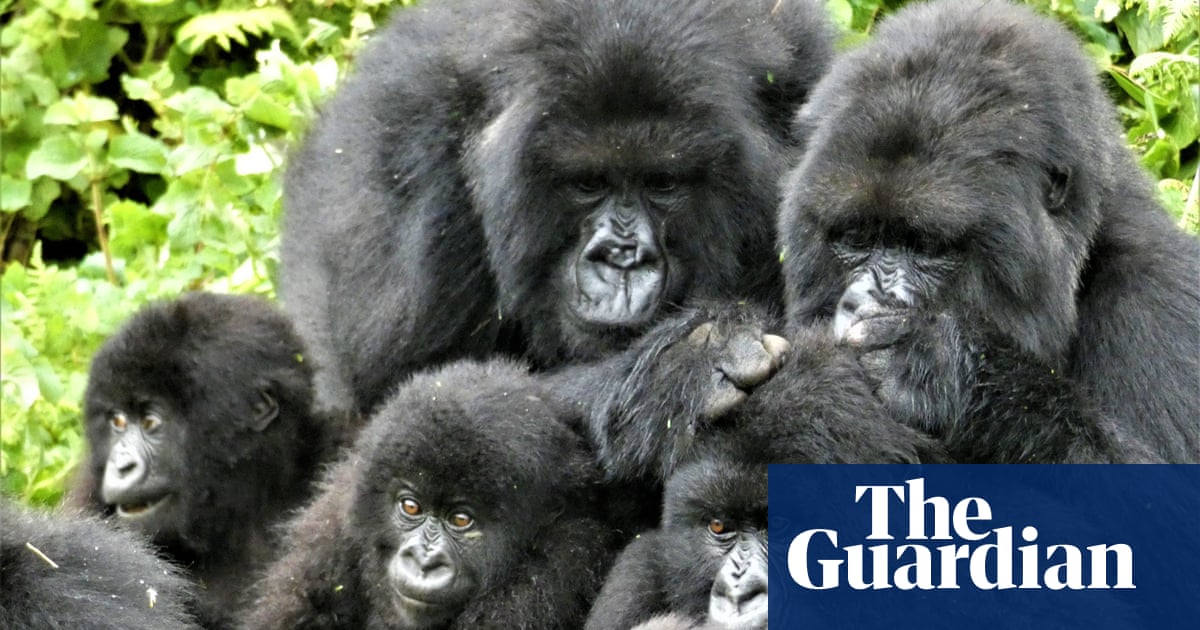
"The study highlights that while strong social relationships can benefit female gorillas' health, they may increase illness risk in males due to energy expenditure."
"Having many strong social bonds has nuanced effects, with females in small groups being healthier but less fertile, and males facing different health trade-offs."
A study spanning 20 years and involving 164 mountain gorillas in Rwanda reveals complexities in gorilla social dynamics that mirror human interactions. It shows that health outcomes vary by group size and gender; friendly females in smaller groups have better health yet fewer offspring, while those in larger groups experience more illness but bear more young. Conversely, males with close social ties tend to encounter higher illness rates, potentially due to the energy spent on protecting their groups. These findings suggest that social bonds can have both positive and negative health implications in animal societies, shedding light on similar human behaviors.
Read at www.theguardian.com
Unable to calculate read time
Collection
[
|
...
]